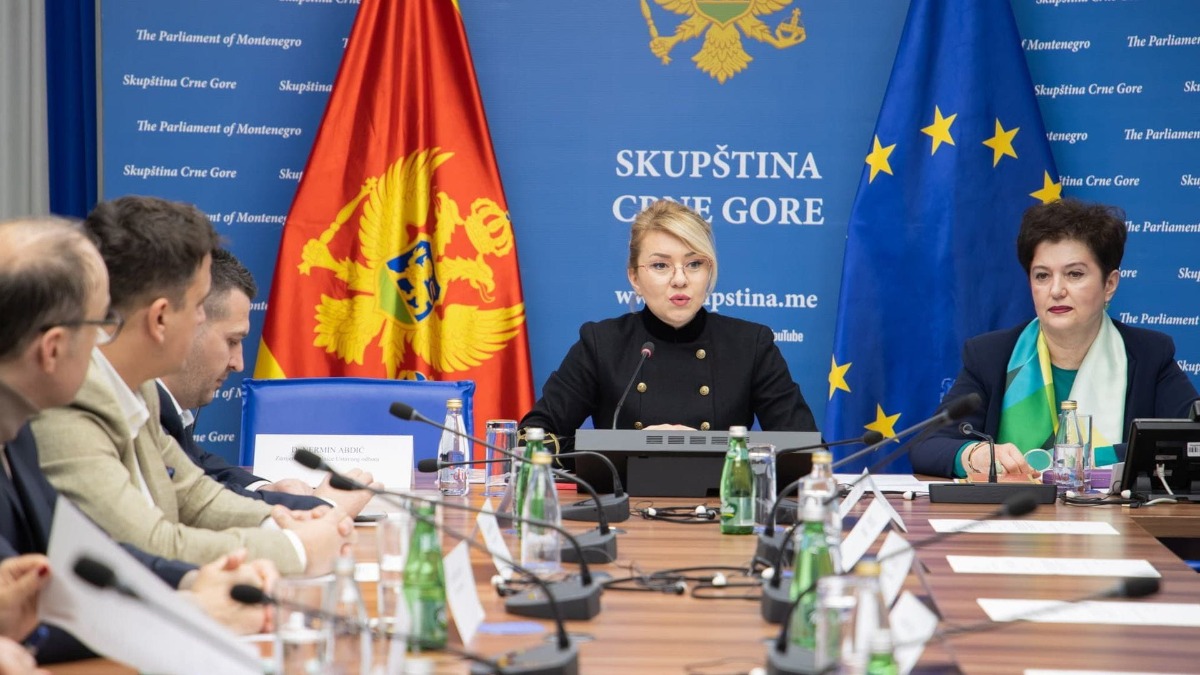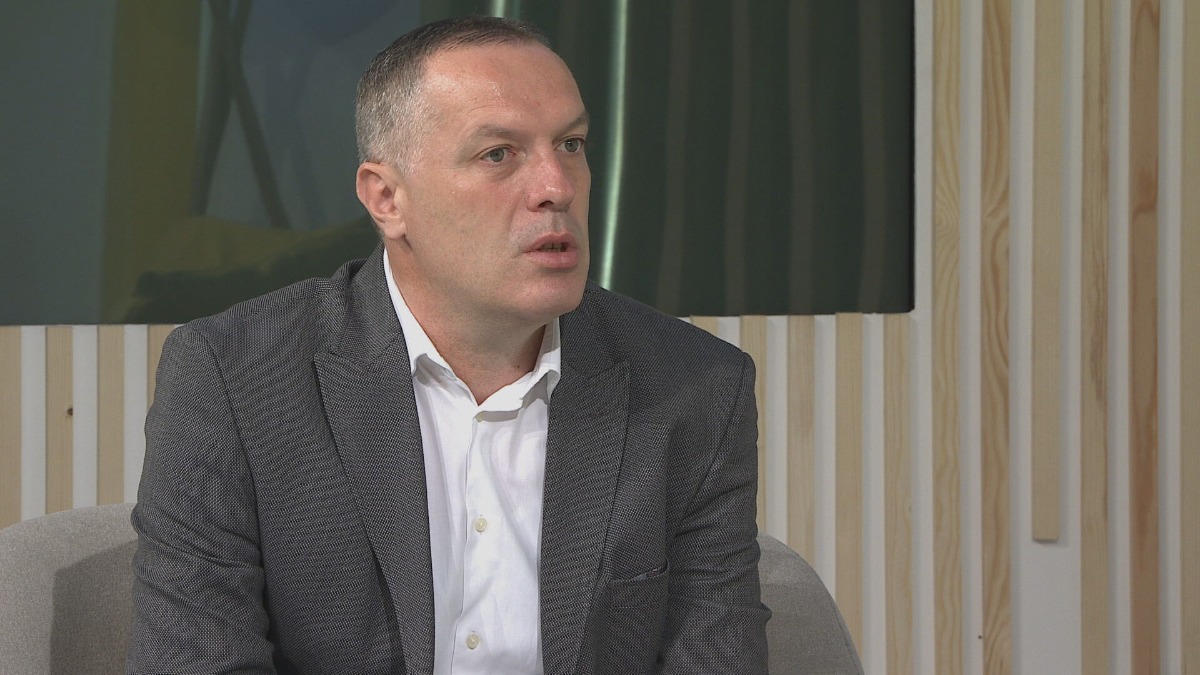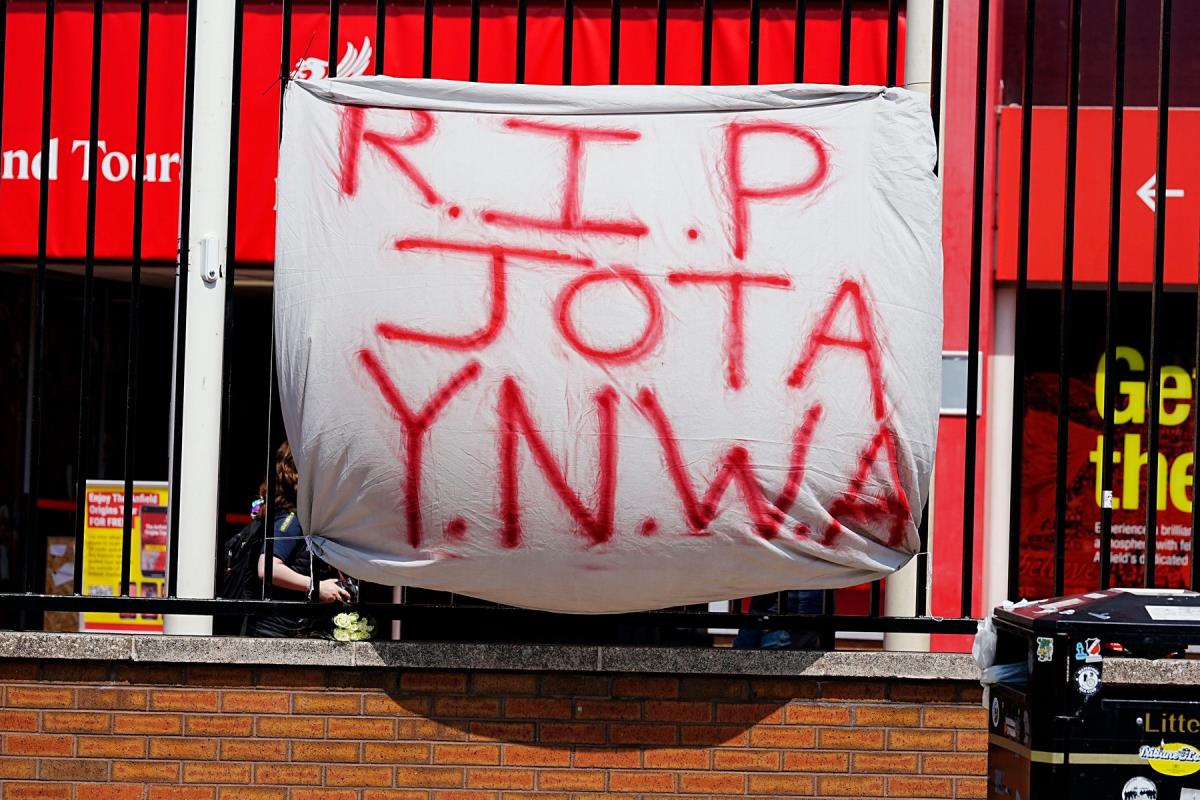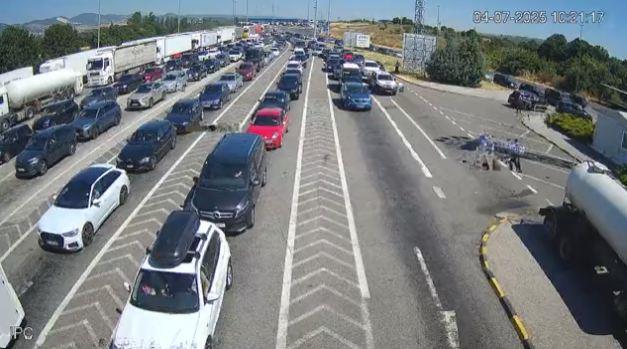Introduction: The Constitutional Committee Drama Continues!
Imagine this: Montenegro’s Constitutional Committee, tasked with deciding on the appointment of Constitutional Court judges – a crucial issue for the legal system and the future of institutions – postpones its session! Yes, you read that right. Committee Chair Jelena Božović announced the session will be delayed because some members have “justified reasons” for not attending.
Why does this matter?
Appointing Constitutional Court judges is no small matter. It’s the cornerstone of justice and legality in Montenegro. This decision affects how justice will be administered in the country, and postponing the vote throws the legal system into uncertainty.
Božović emphasized that all members want to be present because the appointment is of “exceptional importance.” But until conditions are met for everyone’s attendance, no new session will be scheduled. The expectation is that conditions will be met by the end of July at the latest, but until then – we wait.
What’s behind the postponement?
Is this just bureaucratic nonsense or something deeper? Are the “justified reasons” merely an excuse for political maneuvering? In a country where justice often lags, such a delay might signal that something shady is going on behind the scenes.
Wider context: Protests and dissatisfaction
While the Constitutional Committee delays its session, teachers are gearing up for protests over possible pay cuts. The SPCG Education Union plans a protest in front of the Ministry of Education if no compromise is reached. Union President Radomir Božović says the state is blatantly violating the collective agreement, and July’s teachers’ salaries are at risk of being reduced.
This shows Montenegro is caught in a political and social whirlpool – while justice and institutions struggle to function, ordinary people fight for their rights and dignity.
Conclusion: Montenegro at a crossroads
The postponement of the Constitutional Committee session is not just a technical issue. It’s a symptom of deeper problems in Montenegrin society and politics. Justice cannot wait, and institutions must work for citizens, not against them.
As we wait for the end of July and a new session, the question remains: how much longer can justice wait? And will Montenegro finally put an end to delays and political games?
Now, your turn!
What do you think about this postponement? Is it just bureaucratic nonsense or a sign that something serious is happening? Drop a comment, crack a joke, or just vent about what annoys you most in this story. Let the people’s voice be heard – maybe it’s what wakes the institutions from their slumber!
This article is based solely on available information from relevant sources, without fabrication or exaggeration.
















